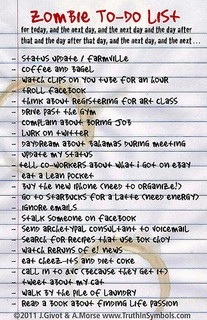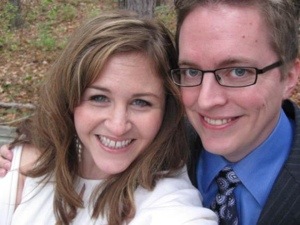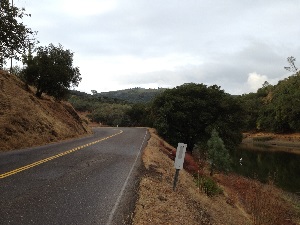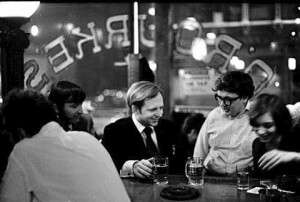One of the worst things about Internet culture in the last five years is its tendency to mock the unfettered joy of others. Someone’s always there to remind you there is some atrocity you should be rending your garments over instead of just…being…in-between the decisions that keep you up at night.
All this brings me to the line at Hot Doug’s.
 Let me make this clear because it seems to have escaped notice: Hot Doug’s is not, at its core, about hot dogs. And people do not wait in line at Hot Doug’s because they are interested solely in consuming a hot dog.
Let me make this clear because it seems to have escaped notice: Hot Doug’s is not, at its core, about hot dogs. And people do not wait in line at Hot Doug’s because they are interested solely in consuming a hot dog.
Hot Doug’s is both simple and complex. Simply, they are encased meats. Here’s where it gets complicated: I have never, during a visit, spent more time dining inside Hot Doug’s than I have waiting outside in its line. I would argue this is true for most people. So what happens in the line is as important as what happens when you sit down to eat.
This is why people who are selling their spots on Craigslist for hundreds of dollars are missing the point entirely.
I don’t blame people who have never been to Hot Doug’s for thinking a long wait in line for a place is bullshit. In any other case, I’d agree with them. But I’ve waited in line at Hot Doug’s for an hour in ten degree weather and been happy to do it.
We live in a world that is trying to eliminate any shared physical experience. The movies, the theater and the line at Hot Doug’s feel like the last semblances of humanity’s group project. (There is no line at Kuma’s. You put your name in and find a space of your own to wait.)
I’ve never had a bad experience in a Hot Doug’s line. Every time I expected someone would, for example, ignore the signs about keeping the doors in the vestibule closed on a winter’s day? Never happened. People want to be in that line so there’s a shared sense of responsibility.
Here’s why people waite in line at Hot Doug’s:
– Because the guy that owns the place has been standing longer than you (until this week, anyway). And he’s standing there to take your order. With a smile. And a warm greeting. And a reminder that you should just get the small drink instead of the large because it’s free refills.
– Have you ever had to wait for a table at Hot Doug’s? I haven’t. Do you know why? Because Doug Sohn and his team are wizards. I placed my order and miraculously – every time! – there’s a table waiting for me and however many friends I came in with. Doug knows exactly how long to make small talk with you and everyone else in line to make things run smoothly.
– Doug Sohn is the only person in Chicago to incur a fine for selling foie gras. Not Charlie Trotter who made it a thing. The little guy who owns the sausage stand on the corner of Roscoe and California. However you feel about foie gras aside, here is an example of an average guy telling grandstanding politicians to take a flying leap and getting pasted on the chin for it.
– If you are in line at closing time, you get a seat.
– The specials this week include salsa verde wild boar sausage with chipotle dijonaise, jalapeno bacon and smoked gouda and escargot and guanciale sausage with parsley-garlic butter and camebert cheese for nine bucks each and if you want gourmet food on that level anyplace else in Chicago it will cost you three times as much.
– This:
People waited in line at Hot Doug’s because all of this matters. And they voted with their feet. They said they wanted this to remain and were willing to put in the time necessary to make it happen.
So you, guardian of the free time of others, who mocked those folks who were waiting in line at Hot Doug’s?
They had more fun than you.






